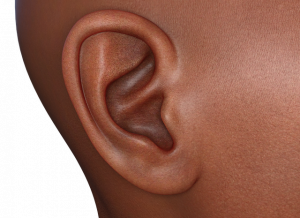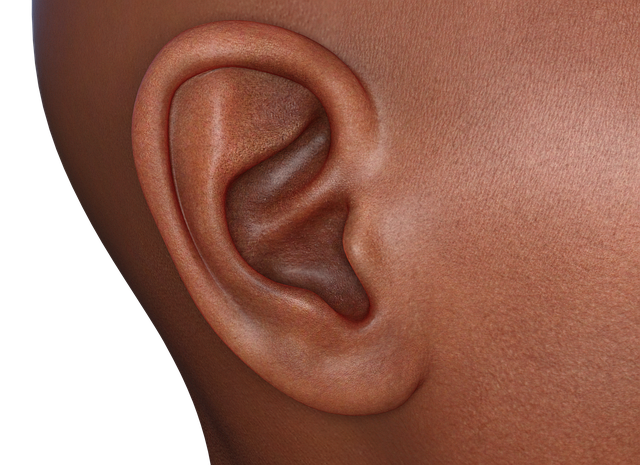Hyperacusis is a condition that affects the way people perceive sound. It is characterized by an increased sensitivity to certain sounds, which can cause discomfort, pain, and even anxiety.
For those who suffer from hyperacusis, everyday activities like going to work or socializing with friends can be challenging. Coping strategies are essential for managing hyperacusis and improving quality of life.
What is Hyperacusis?
 Hyperacusis is a condition in which certain sounds are perceived as louder or more intense than they actually are. This can cause discomfort, pain, and even anxiety in some cases. It differs from regular sensitivity to sound in that it is not just a mild annoyance, but a significant disruption to daily life. There are different types of hyperacusis, including cochlear hyperacusis (caused by damage to the inner ear), vestibular hyperacusis (caused by damage to the vestibular system), and neural hyperacusis (caused by damage to the auditory nerve).
Hyperacusis is a condition in which certain sounds are perceived as louder or more intense than they actually are. This can cause discomfort, pain, and even anxiety in some cases. It differs from regular sensitivity to sound in that it is not just a mild annoyance, but a significant disruption to daily life. There are different types of hyperacusis, including cochlear hyperacusis (caused by damage to the inner ear), vestibular hyperacusis (caused by damage to the vestibular system), and neural hyperacusis (caused by damage to the auditory nerve).
Causes of Hyperacusis
There are several possible causes of hyperacusis, including physical, psychological, and environmental factors. Physical causes may include ear damage from exposure to loud noise or certain medications, as well as neurological conditions like Bell’s palsy or multiple sclerosis. Psychological causes may include anxiety disorders or post-traumatic stress disorder (PTSD). Environmental causes may include loud workplaces or frequent exposure to loud music.
Symptoms of Hyperacusis
The symptoms of hyperacusis can vary depending on the individual and the severity of their condition. Physical symptoms may include pain or discomfort in the ears, headaches, and tinnitus (ringing in the ears). Emotional symptoms may include anxiety, irritability, and depression. Behavioral symptoms may include avoiding social situations or difficulty concentrating.
Diagnosis of Hyperacusis
Hyperacusis is typically diagnosed through a combination of medical history, physical examination, and hearing tests. It is important to seek professional help for an accurate diagnosis, as other conditions like tinnitus or misophonia may have similar symptoms.
Treatment Options for Hyperacusis
There are several treatment options available for hyperacusis, including medical treatments like medication or surgery, therapeutic treatments like sound therapy or cognitive behavioral therapy, and alternative treatments like acupuncture or meditation. The best treatment option will depend on the individual and the underlying cause of their hyperacusis.
Coping Strategies for Hyperacusis
Coping strategies are essential for managing hyperacusis and improving quality of life. Avoidance techniques like earplugs or noise-cancelling headphones can be helpful in reducing exposure to triggering sounds. Relaxation techniques like deep breathing or yoga can help reduce anxiety and stress. Lifestyle changes like reducing caffeine intake or getting enough sleep can also be beneficial.
Resources for Hyperacusis Sufferers
There are several resources available for those who suffer from hyperacusis, including support groups and online communities, professional organizations and advocacy groups, and books and other educational resources. These resources can provide valuable information and support for those who are struggling with hyperacusis.
Hyperacusis can be a challenging condition to live with, but there are many treatment options and coping strategies available to help manage symptoms and improve quality of life.
It is important to seek professional help for an accurate diagnosis and to explore different treatment options to find what works best for you. With the right support and resources, it is possible to live a fulfilling life with hyperacusis.








